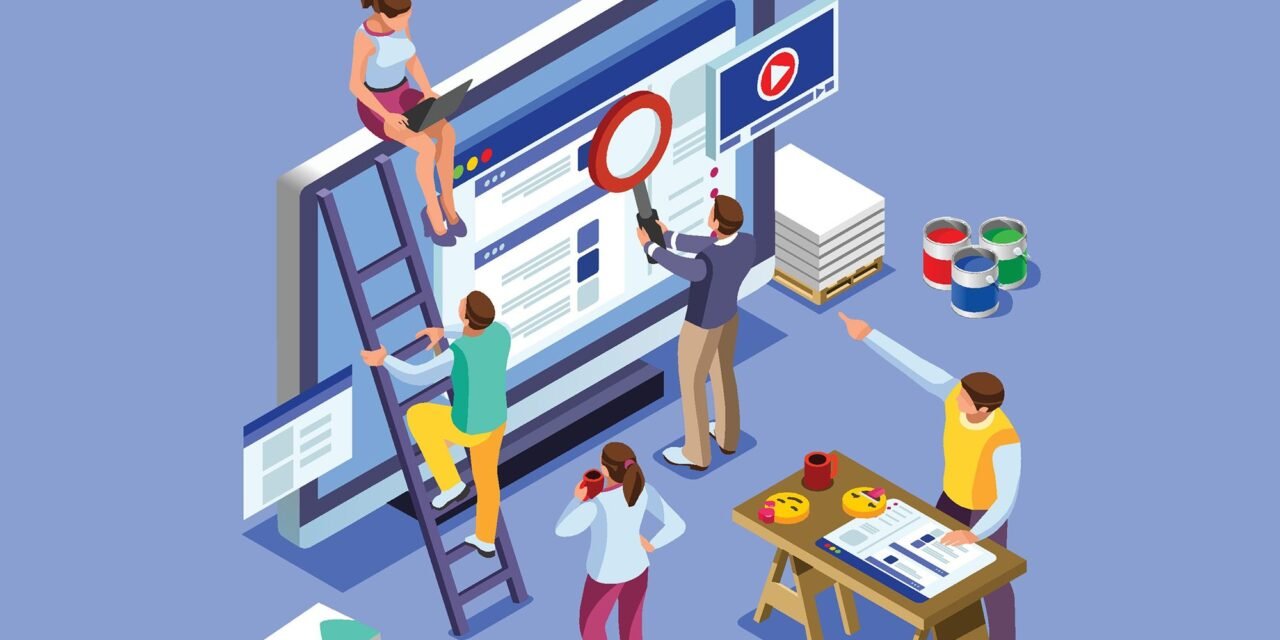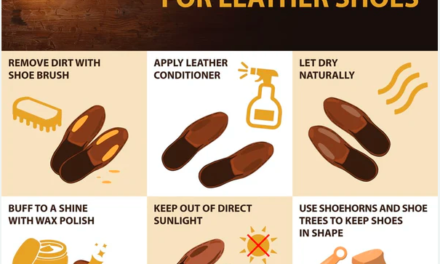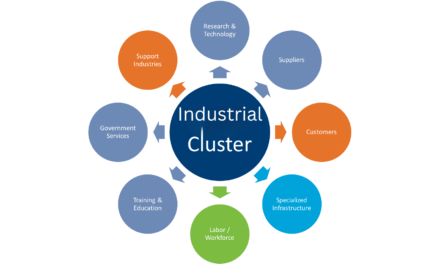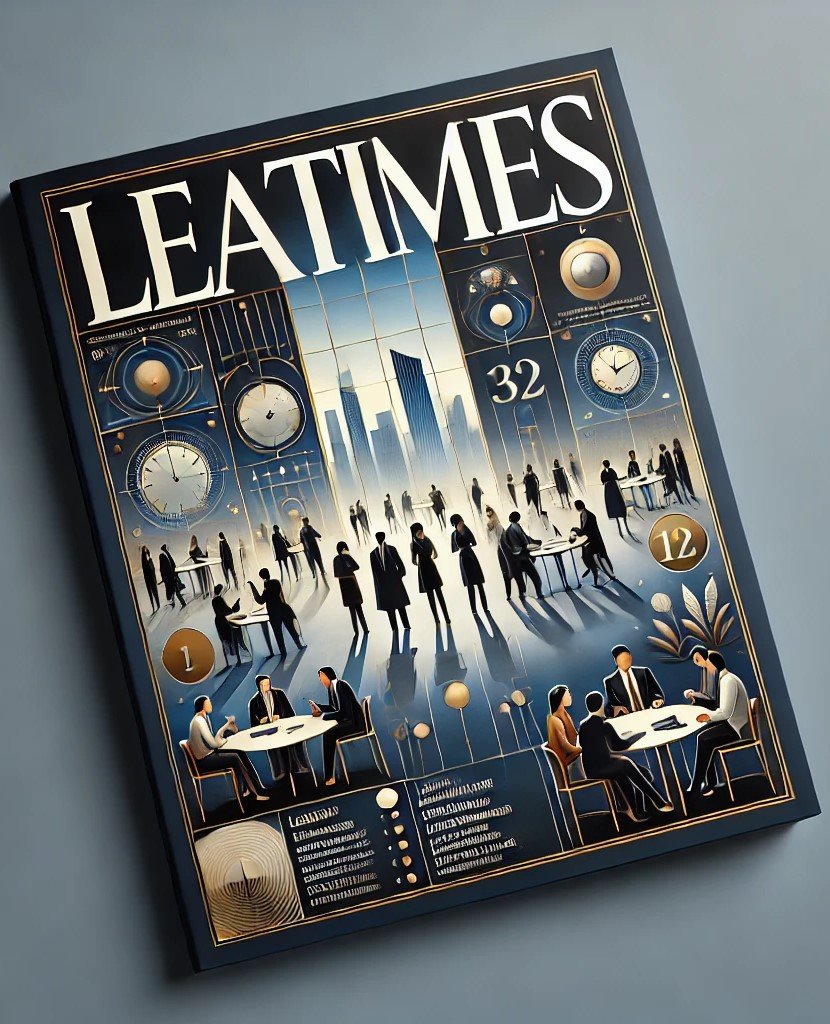Local businesses are closely integrated with Panapakkam’s leather sector, benefiting from both direct and indirect collaborations within the supply chain, as well as through local economic and social development. This integration fosters a thriving ecosystem that supports small, medium, and large enterprises in the region. Here’s how local businesses are connected with the leather industry in Panapakkam:
1. Supply Chain Integration
- Raw Material Suppliers:
Local businesses that provide raw materials—such as hides, chemicals for tanning, and dyes—are integral to the leather production process in Panapakkam. These suppliers are often small and medium-sized enterprises (SMEs) that form a vital part of the leather sector’s supply chain. - Packaging and Labeling Firms:
Local businesses involved in packaging and labeling are also crucial to the leather industry. These businesses cater to the packaging needs of finished leather products, particularly for export markets. With Panapakkam’s proximity to Chennai Port, these packaging companies play a vital role in ensuring that leather goods are ready for international distribution.
2. Footwear and Accessories Manufacturers
- Leather Footwear and Goods Production:
Many local manufacturers in Panapakkam specialize in footwear and leather goods like bags, belts, and wallets. These businesses are often either part of larger clusters like the MLFAC Industrial Park or work closely with it to scale their operations. Local manufacturers may source leather from larger tanneries in Panapakkam, use locally produced materials, and access the park’s infrastructure to produce high-quality products. - Small-Scale Units:
Local SMEs benefit from the MLFAC Industrial Park‘s shared facilities and access to more advanced technology, which enables them to scale their businesses and compete in global markets.
3. Service Providers and Support Businesses
- Maintenance and Machinery Services:
Local businesses that provide machinery maintenance or repair services for tanning equipment, cutting tools, and other production machinery are essential to Panapakkam’s leather industry. These companies offer specialized services to the tanneries and leather manufacturers, ensuring smooth operations and minimizing downtime. - Logistics and Transportation Firms:
Given Panapakkam’s proximity to Chennai Port, local logistics businesses play an important role in handling the movement of leather goods to domestic and international markets. These businesses provide transportation, warehousing, and distribution services, facilitating the smooth movement of raw materials and finished products.
4. Small Enterprises in Leather Processing
- Micro-Enterprises in Tanning and Finishing:
Panapakkam’s local businesses include smaller units engaged in tanning and finishing processes such as dyeing, embossing, and polishing. These enterprises typically serve larger manufacturers or work in partnership with tanneries in the region, contributing to the broader production ecosystem. - Customization and Specialized Leather Goods:
Smaller businesses may focus on niche markets, offering custom leather products such as high-end wallets, belts, and designer shoes. These businesses are integral to the sector by targeting specific consumer demands and providing high-value products.
5. Skill Development and Labor Integration
- Labor Force Development:
Local businesses in Panapakkam are also integrated into the region’s skill development initiatives. The Leather Sector Skill Council and various training centers offer workers in Panapakkam the opportunity to acquire the skills required for the leather industry, including tanning, stitching, finishing, and quality control. - Women’s Empowerment:
Many local businesses in Panapakkam employ women in various roles, from production to administrative and managerial positions. These businesses are an important part of the local economy, providing job opportunities and fostering gender equality in the region’s industrial landscape.
6. Collaborative Innovation and Research
- Collaboration with Research Institutions:
Local businesses in Panapakkam collaborate with national and regional research institutions such as the Central Leather Research Institute (CLRI) in Chennai. These partnerships help local enterprises adopt new tanning technologies, improve waste management systems, and implement sustainable practices that meet international standards. - Adoption of Sustainable Practices:
Businesses in Panapakkam are increasingly adopting innovative, eco-friendly methods such as chrome-free tanning, water recycling, and bio-based products. Local SMEs are actively involved in these changes by adopting greener technologies, improving their market competitiveness, and contributing to the region’s sustainability goals.
7. Access to Financial and Government Support
- Government Schemes and Incentives:
Local businesses in Panapakkam benefit from state and central government schemes aimed at promoting the leather industry, such as subsidies, tax incentives, and financial support for infrastructure development. Programs under the Tamil Nadu Footwear and Leather Products Policy or the Make in India initiative offer funding and resources to businesses looking to expand and modernize. - Private Investments and Partnerships:
Many local businesses in the leather sector have gained access to private investment and partnerships, particularly through the development of MLFAC Industrial Park. These investments enable small enterprises to grow, adopt advanced technologies, and become part of larger, export-driven supply chains.
8. Local Collaboration for Trade and Export
- Small and Medium Exporters:
Local leather manufacturers in Panapakkam often collaborate to meet the demands of international buyers. Through industry networks and the shared infrastructure of the MLFAC Industrial Park, they gain access to larger export markets. Panapakkam’s integration with the Chennai Port enables seamless export logistics, creating opportunities for local businesses to expand their market reach globally. - Trade Associations and Networks:
Panapakkam’s local businesses often participate in trade associations and industry forums where they can network, discuss best practices, and collaborate on expanding export potential. These associations help local enterprises stay competitive in the global leather market.
9. Local Community and Corporate Social Responsibility
- Social Impact through CSR:
Many businesses in Panapakkam engage in Corporate Social Responsibility (CSR) activities that contribute to the welfare of the local community. These initiatives may include improving infrastructure, healthcare, education, and environmental sustainability. By engaging in CSR, these businesses help foster goodwill within the community and improve the living standards of local residents.
Conclusion
Local businesses in Panapakkam are deeply integrated into the leather industry’s value chain, from raw material supply to final product manufacturing and exporting. This integration strengthens the regional economy, creates job opportunities, drives innovation, and enhances sustainability in the leather sector. Small and medium-sized enterprises (SMEs) play a crucial role by supplying materials, offering services, and producing specialized products, all while benefiting from government incentives, skill development initiatives, and global market access. Together, local businesses and large manufacturers in Panapakkam form a robust ecosystem that supports the broader leather industry in Ranipet District and Tamil Nadu.
Hashtags
#LocalBusinessIntegration #PanapakkamLeatherIndustry #SupportingLocalEntrepreneurs #PanapakkamBusinessGrowth #MLFACPartnerships #LeatherSectorCollaborations #PanapakkamEconomicDevelopment #LocalLeatherSuppliers #PanapakkamBusinessEcosystem #LeatherManufacturingPartnerships







